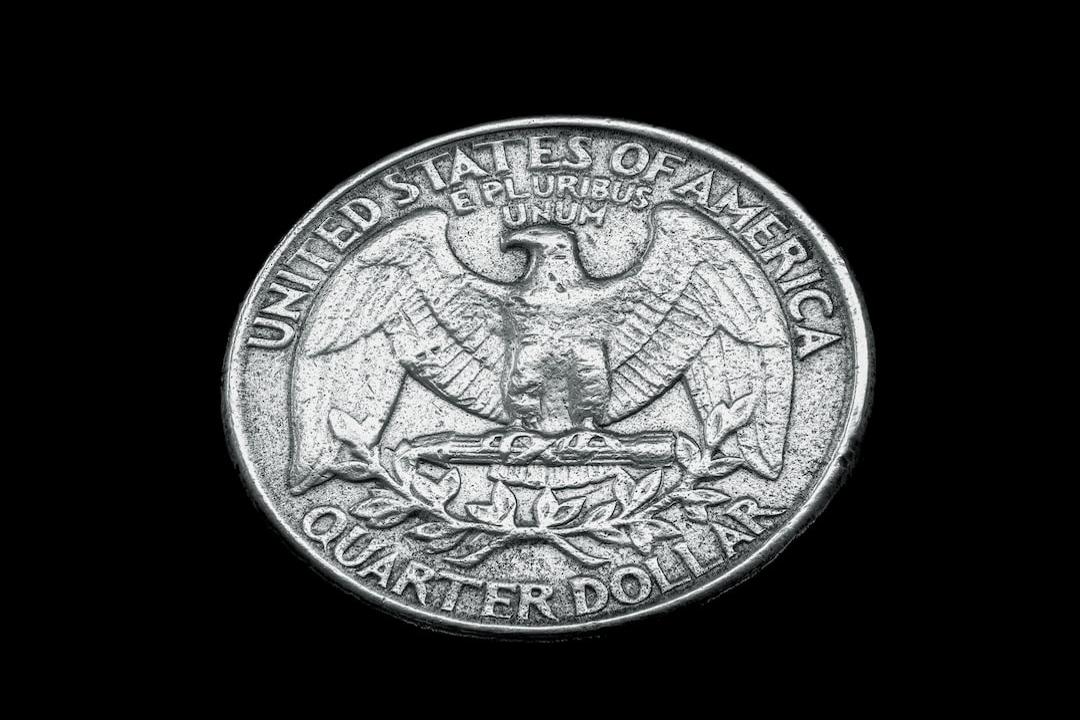According to analysts, there has been virtually no influx of funds after Bitcoin’s halving. Investors in Grayscale’s Bitcoin Trust Fund (GBTC) have remained pessimistic for a long time. Recent statistics show that Fidelity’s spot Bitcoin ETF saw a net outflow of $22.61 million on Thursday, its first outflow day since its launch in January. Many other U.S. Bitcoin funds reported daily withdrawals totaling $217.58 million. Data indicates that Grayscale’s converted ETF saw an outflow of $139.37 million, while funds from Ark Invest and 21Shares lost $31.34 million. Valkyrie’s funds saw an outflow of $20.16 million, and Bitwise lost $6 million. The only fund to experience net inflows daily was Franklin Templeton’s EZBC, attracting $1.87 million. As reported by cryptocurrency analyst HODL15Capital, BlackRock’s IBIT fund saw 71 consecutive days of positive inflows ending on Thursday. However, according to ETF analyst James Seyffart from Bloomberg, zero inflows are typical. According to a research report released on Friday by NH Investment & Securities analyst Hong Songxu, there has been virtually no influx of funds after Bitcoin’s halving. Hong Songxu stated that Bitcoin is unlikely to attract attention in the short term. According to Eric Balchunas, Bloomberg’s senior ETF analyst, investors in Grayscale’s Bitcoin Trust Fund (GBTC) have been pessimistic for a long time. This 72-day streak of consecutive outflows is the longest in the history of global ETF funds. Since the U.S. government approved the launch of spot Bitcoin ETFs in January, this unexpected outflow has continued. GBTC has been unable to stem the outflow of funds. Its high fees compared to competitors may fundamentally account for its underperformance.


